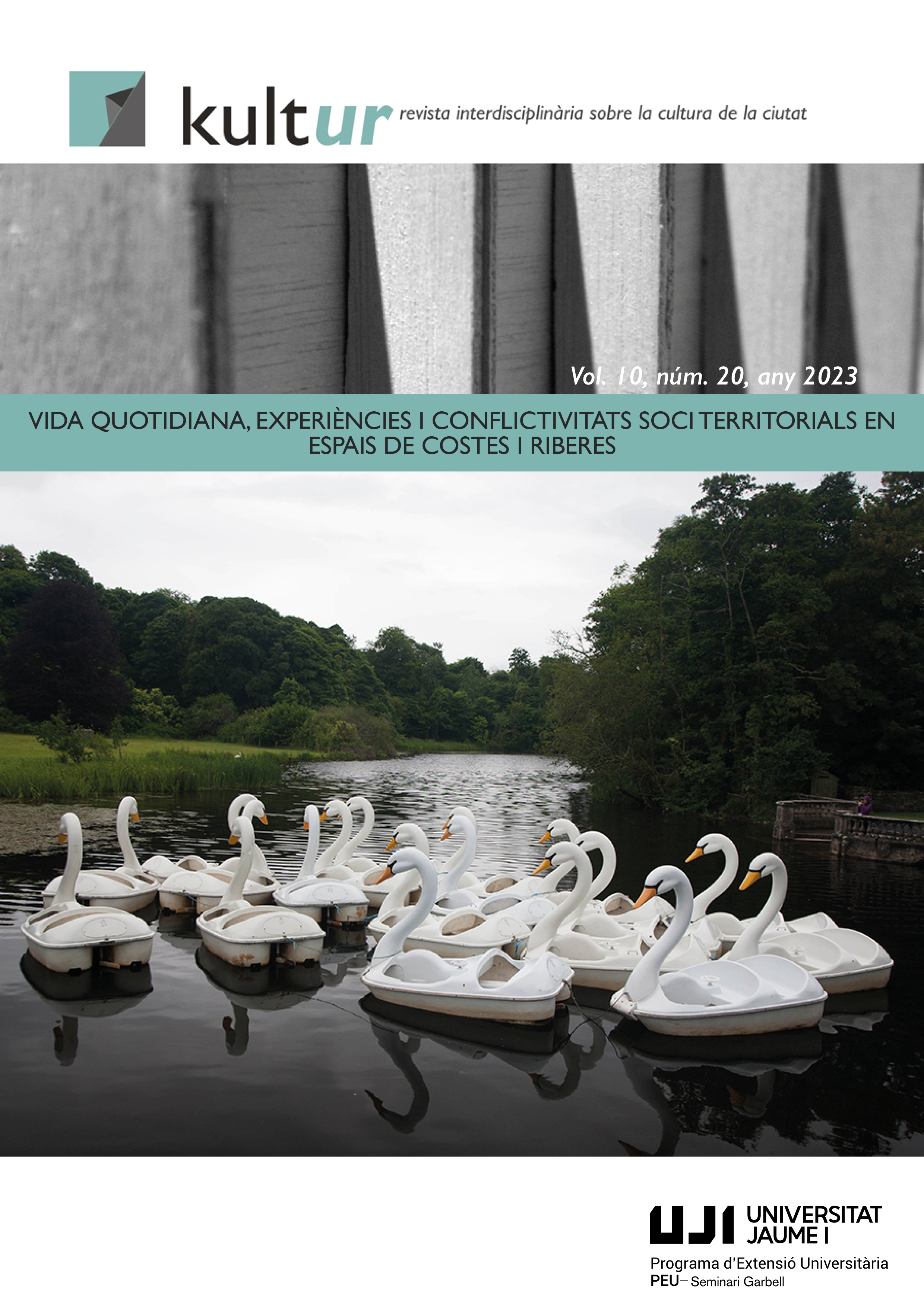Mejor pedir perdón que pedir permiso. Un análisis de las estrategias participativas en los conflictos ambientales de la región Este de Uruguay
##plugins.themes.bootstrap3.article.main##
Resum
Este trabajo se enmarca en un proyecto de Iniciación a la Investigación financiado por la Comisión Sectorial de Investigación Científica (CSIC) de Uruguay, cuyo objetivo fue analizar las estrategias participativas impulsadas desde el año 2010 a la actualidad, en la región Este y en el marco de los conflictos ambientales. El proyecto relevó y caracterizó los conflictos ambientales en dicho período y territorio, a través de un repertorio de conflictos, actores y actrices involucrados, georeferenciando las preocupaciones y temáticas emergentes. Identificó qué estrategias se generaron, desde las instituciones y la sociedad, para abordar estos conflictos. Posteriormente realizó una tarea de procesamiento para clasificar y agrupar las estrategias en función de elementos comunes y discordantes, utilizando la escalera de la participación y evidenciando la identificación de la participación como elemento clave para el abordaje de estos conflictos. Sin embargo no existe un consenso sobre qué participación propiciar y mediante qué estrategias. Concluye que los espacios de participación analizados distan de propiciar el poder ciudadano en la toma de decisiones, resultando en espacios de participación simbólica: informativa y consultiva. Reflexiona, finalmente, sobre posibles líneas que contribuyan a esta discusión en clave de desarrollo sustentable en la Región Este.
Descàrregues
##plugins.themes.bootstrap3.article.details##

Aquesta obra està sota una llicència internacional Creative Commons Reconeixement-NoComercial-SenseObraDerivada 4.0.
.png)
Tots els continguts de la revista kult-ur se distribueixen sota una llicència d'ús i distribució Creative Commons Atribució-Compartir Igual 4.0 Internacional (CC BY-SA 4.0), excepte indicació contrària. Pot consultar ací la versió informativa i el text legal de la llicència. La indicació de la llicència d'ús i distribució CC BY-SA 4.0 ha de constar expresament d'aquesta manera quan siga necessari.


